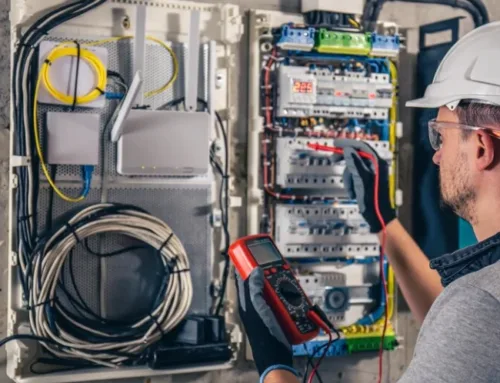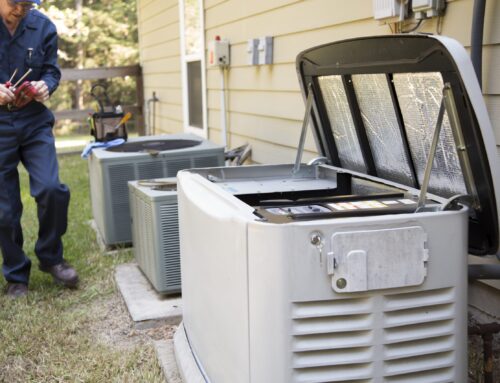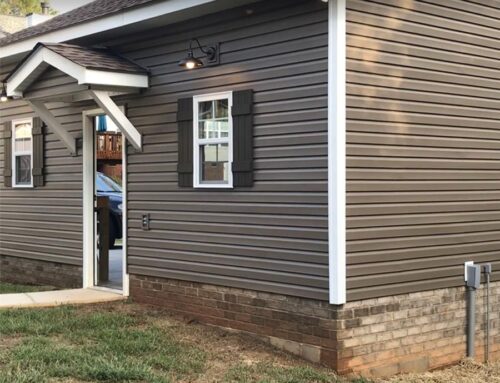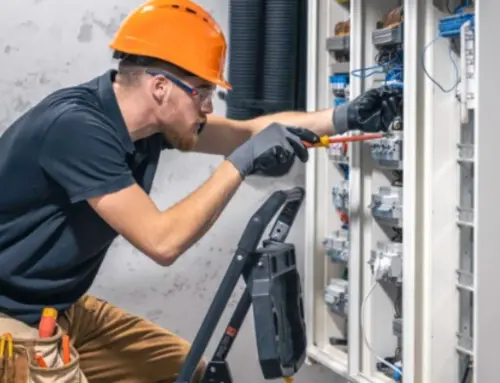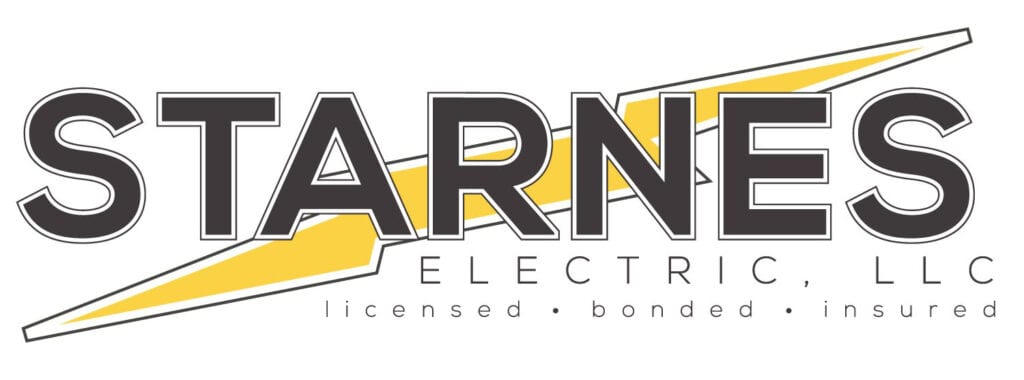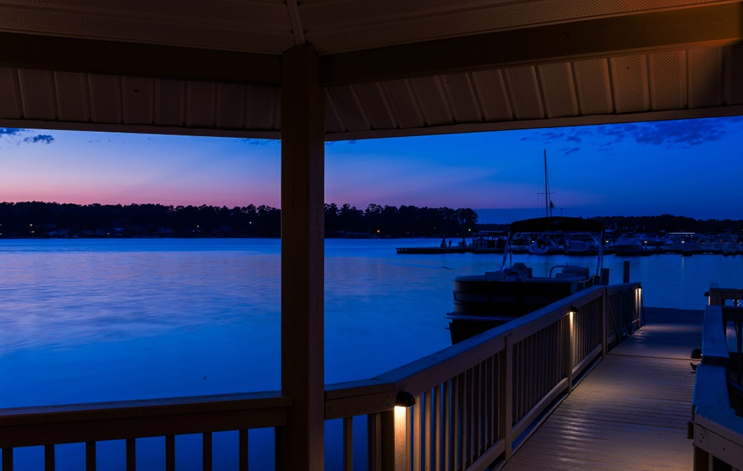 Within this enchanting tableau, Starnes Electric LLC stands firm with an unwavering commitment to ensuring electrical safety in these crucial marine spaces, acting as the unseen guardians protecting boaters and precluding hazards in an element that simultaneously epitomizes freedom and presents potential dangers.
Within this enchanting tableau, Starnes Electric LLC stands firm with an unwavering commitment to ensuring electrical safety in these crucial marine spaces, acting as the unseen guardians protecting boaters and precluding hazards in an element that simultaneously epitomizes freedom and presents potential dangers.
Lake Wylie, with its sprawling waters and picturesque surroundings, offers a serene escape for boaters and water enthusiasts. Marinas and dockyards lining its shores bustle with activity, especially during the summer months. But with the joys of boating come the responsibilities of ensuring safety, particularly when it involves electricity near water.
Understanding the Risks in a Marine Environment
Electricity and water are a dangerous combination. The risk of electric shock drowning (ESD) increases in marina environments due to the presence of electrical systems in close proximity to water. An electric current, if introduced to the water, can paralyze a swimmer, leading to drowning. Boat electrical systems, shore power connections, and faulty wiring are potential sources of these tragic incidents.
Essentials of Ground-Fault Protection
One of the foundational steps in ensuring safety at marinas is the installation of ground-fault protection. Ground-fault circuit interrupters (GFCIs) detect imbalances in the electric current. If there’s a discrepancy, indicating a potential leak of electricity into the water, the GFCI immediately cuts off the power, mitigating the risk of ESD. Incorporating GFCIs in both dock electrical systems and onboard boats is an effective safeguard against potential electrical leakages.
Regular Inspections and Maintenance
The dynamic environment of a marina, with its constant exposure to water and changing weather conditions, demands regular inspections. Over time, wiring can degrade, connections can become loose, and equipment can corrode. By periodically checking the electrical infrastructure, marina operators can catch and rectify issues before they escalate into severe hazards. This includes examining shore power pedestals, electrical panels, and individual boat systems to ensure they are in top-notch condition.
Safety Protocols in Case of Incidents
Despite best efforts, emergencies can occur. Marinas and dockyards should have clear protocols in place to handle electrical emergencies. This includes shutting down power in the event of a suspected electrical leakage, having lifesaving equipment readily available, and training staff to handle emergencies. Quick action during an incident can make a difference between life and death.
Building a Safe Marine Infrastructure
When constructing or renovating marina facilities on Lake Wylie, incorporating safety features from the ground up is essential. This means using weather-resistant materials, ensuring proper grounding of electrical systems, and having clear signage indicating potential danger zones. Furthermore, adopting the latest safety standards and technologies, such as isolation transformers, can further enhance the safety profile of a marina.
The Way Forward: A Culture of Safety
Ultimately, electrical safety at marinas and dockyards hinges on creating a culture of vigilance and awareness. It’s not merely about installing the right equipment or conducting inspections, but fostering an environment where safety is everyone’s priority.
Marina operators, staff, and boaters alike should be proactive in staying informed about the latest safety recommendations and best practices. Workshops, training sessions, and community meetings can serve as platforms for disseminating critical safety information and fostering dialogue.
By understanding the risks, implementing robust safety measures, and fostering a culture of awareness, marinas and dockyards on Lake Wylie can ensure that every boating excursion is not just enjoyable but safe as well.
We at Starnes Electric LLC don’t just serve the community; we immerse ourselves within it, navigating the delicate balance between the robust activity of marinas and the essential, omnipresent need for unyielding electrical safety.
Harboring Safety: Ensuring Electrical Wellness in Marinas and Dockyards with Starnes Electric LLC
Navigating through the intricacies of marina and dockyard electrical safety presents an expedition through a myriad of complexities and nuances. At Starnes Electric LLC, we unfurl the sails of our journey with a dedication to not only provide but to educate, ensuring that every wave ridden on the stunning expanse of Lake Wylie is backed by a sturdy vessel of safety, crafted through stringent electrical protocols and an unwavering commitment to secure, hazard-free experiences.
What Are The Safety Measures You Will Follow While Working On Marine Electrical?
Working on a boat is vastly different from working on land. The presence of water adds an extra dimension of danger to any electrical work. It’s essential to follow specific safety measures to ensure not only your safety but also the safety of others around you.
When working on marine electrical systems, it’s imperative to prioritize safety due to the unique challenges presented by the maritime environment. Some essential safety measures include:
- Always disconnect power before working on any electrical component to prevent shock or electrocution.
- Use insulated tools and wear appropriate personal protective equipment, such as rubber gloves and safety goggles.
- Ensure the area is dry, as working in damp or wet conditions can increase the risk of electrical accidents.
- Be cautious of confined spaces, ensuring proper ventilation and escape routes.
- Regularly inspect and maintain electrical equipment to identify and address any potential hazards before they pose a threat.
- Avoid working alone; always have someone nearby who can assist in case of emergencies.
- Regularly test and maintain circuit breakers and fuses to ensure they function correctly.
- Avoid overloading circuits, which can cause overheating and potential fires.
- Use only marine-rated electrical components and cables that can withstand the ship’s challenging environment.
- Establish and clearly mark safety zones around electrical panels and other high-voltage areas.
- Ensure all crew members are trained in electrical safety procedures and know how to respond to emergencies.
- Keep all electrical equipment dry and free from salt buildup to prevent short circuits and corrosion.
What Are The Common Shipboard Electrical Hazards?Shipboard electrical systems, given their complexity and the marine environment, present several hazards:
- Electric shock or electrocution due to faulty equipment or wiring.
- Electrical fires caused by short circuits, overloaded systems, or damaged cables.
- Explosions resulting from electrical faults in areas with flammable materials or gases.
- Burns from touching overheated equipment or cables.
- Arc flashes, which can result from high-voltage equipment malfunctions.
- Electromagnetic interference, which can affect the ship’s navigational and communication systems.
Why Is Safety Essential In Shipboard Electrical Systems?
Safety in shipboard electrical systems is paramount for several reasons. First, the marine environment is inherently challenging, with moisture, salinity, and constant movement, increasing the potential for electrical malfunctions. Also, a ship at sea is a self-contained unit. In case of an electrical mishap, immediate external assistance is usually unavailable, making it essential to prevent incidents.
Electrical failures can compromise the ship’s operational capabilities, endangering the vessel, its cargo, and the crew. Additionally, fires or explosions onboard due to electrical issues can have catastrophic consequences in the confined space of a ship. Therefore, ensuring the safety of shipboard electrical systems is not just a matter of compliance or best practice; it’s crucial for the safety and well-being of everyone and everything on board.
Electrical safety in marinas and dockyards is crucial for protecting boaters and preventing hazards on Lake Wylie. By following a few simple precautions, such as using Ground Fault Circuit Interrupters (GFCIs), regularly inspecting electrical components, being aware of common shipboard hazards, and prioritizing safety in shipboard electrical systems, you can ensure a safe and enjoyable experience on the water.
Remember to always consult with a qualified electrician if you have any concerns or need assistance with your boat’s electrical system. Call us at Starnes Electric LLC for all your electrical needs!

